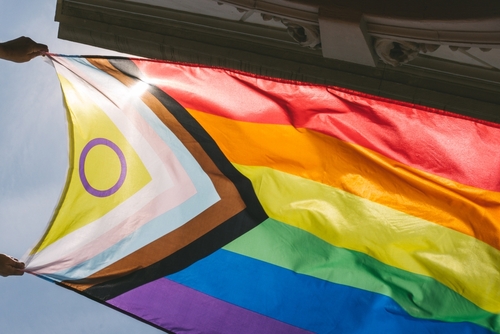
In a landmark move that could reshape the landscape of gender-affirming care for minors, the U.S. Supreme Court is poised to potentially outlaw such treatments nationwide. This follows a recent decision allowing Idaho to enforce its ban on gender-affirming care while litigation proceeds, a decision that may set a precedent for other states.
The Supreme Court's decision on Idaho's House Bill 71, which bans gender-affirming medications and surgeries for minors, signals a significant shift. The ruling permits the law to be enforced, reversing lower court injunctions that had previously blocked it.
U.S. v. Skrmetti is headed to the Supreme Court.
This case will bring clarity to the law about whether or not the Constitution lets states protect kids from irreversible gender treatments.@AGTennessee looks forward to representing TN and defending our law at SCOTUS. pic.twitter.com/9avQzEpLLv
— TN Attorney General (@AGTennessee) June 25, 2024
Justice Neil Gorsuch, in his concurring opinion, criticized the broad injunctions issued by lower courts, emphasizing the need for judicial restraint and highlighting the overreach of the district court's order that barred enforcement of the law against anyone.
Justice Brett Kavanaugh, also concurring, noted the complexity and urgency of emergency relief applications in such cases, stressing the importance of careful judicial consideration. Kavanaugh underscored the likelihood of the party seeking relief prevailing on the merits as a critical factor in such decisions.
Baby steps:
SCOTUS lets Idaho enforce ban on medications & surgical interventions for children suffering from gender dysphoria
…granted Idaho AG Raúl Labrador's request to narrow a preliminary injunction issued by US District Judge Lynn Winmill, who ruled that the law violated… https://t.co/t5kwKZ1RxU pic.twitter.com/RMBfYUFgy5
— Prodigal (@ProdigalThe3rd) April 16, 2024
The debate over gender-affirming care for minors has intensified across the nation. Advocates argue that such care is essential for the mental health and well-being of transgender youth. Conversely, opponents claim it poses significant risks and believe minors are too young to make such life-altering decisions. This ideological clash is at the heart of the cases currently making their way through the courts.
Tennessee and Kentucky are among the states facing legal challenges over similar laws prohibiting gender-affirming care for minors. These states, along with over twenty others, have enacted or are considering legislation that restricts or bans such treatments. The Supreme Court's future rulings on these cases could have nationwide implications, potentially cementing a legal framework that limits gender-affirming care for minors.
The issue's prominence is reflected in the broader judicial landscape, with multiple cases challenging these prohibitions. The Supreme Court's willingness to allow Idaho's law to take effect, even temporarily, suggests a growing judicial skepticism towards broad injunctions that prevent state laws from being enforced during litigation.
As the country awaits the Supreme Court's definitive stance, the decisions made in the coming months will likely influence not only the legal parameters surrounding gender-affirming care but also the broader discourse on transgender rights and healthcare access. This pivotal moment underscores the contentious nature of the issue and the high stakes involved for transgender youth and their families across the United States.













GOOD. They can not make that decision as they can not most the time decide what to eat. Hope they outlaw it for all till 19 years old.